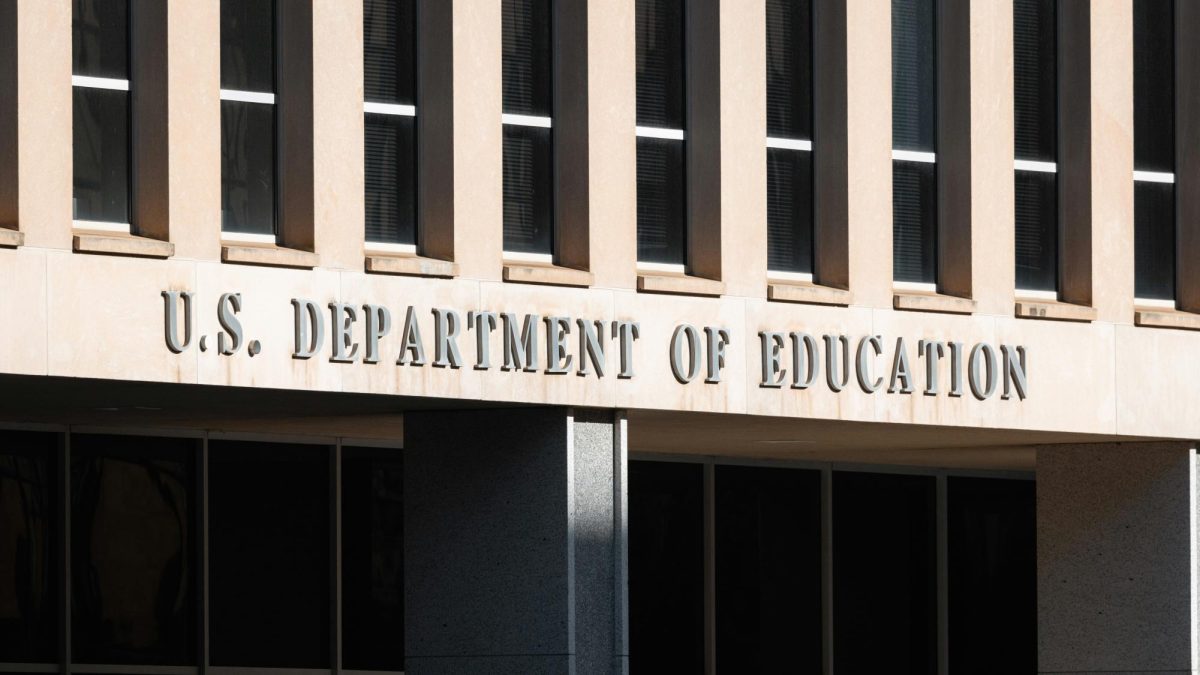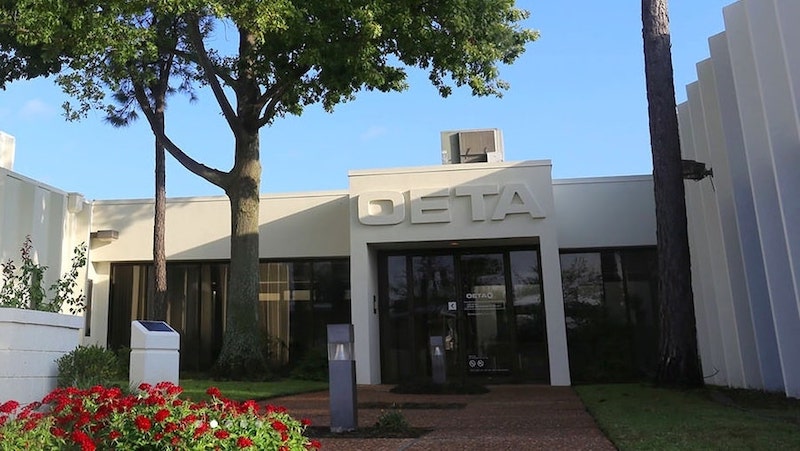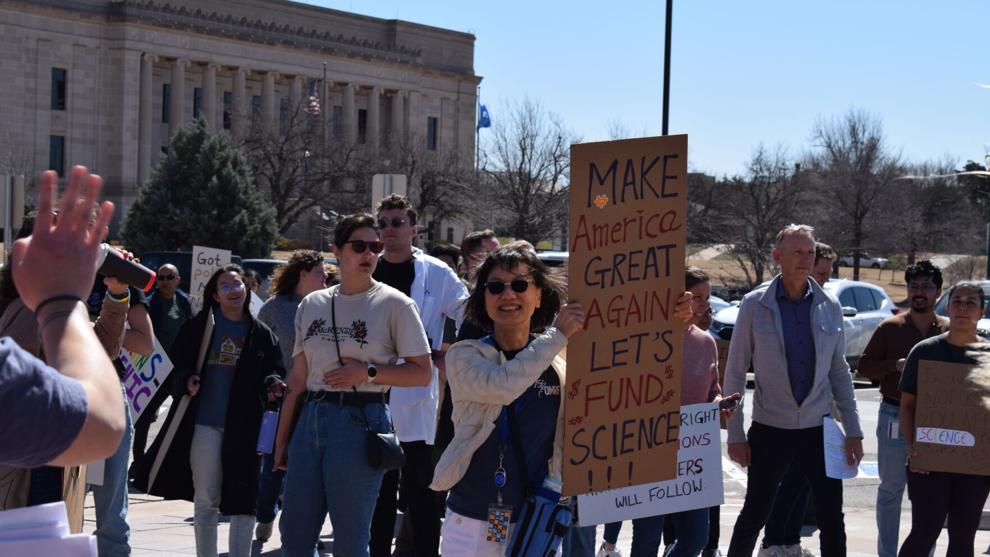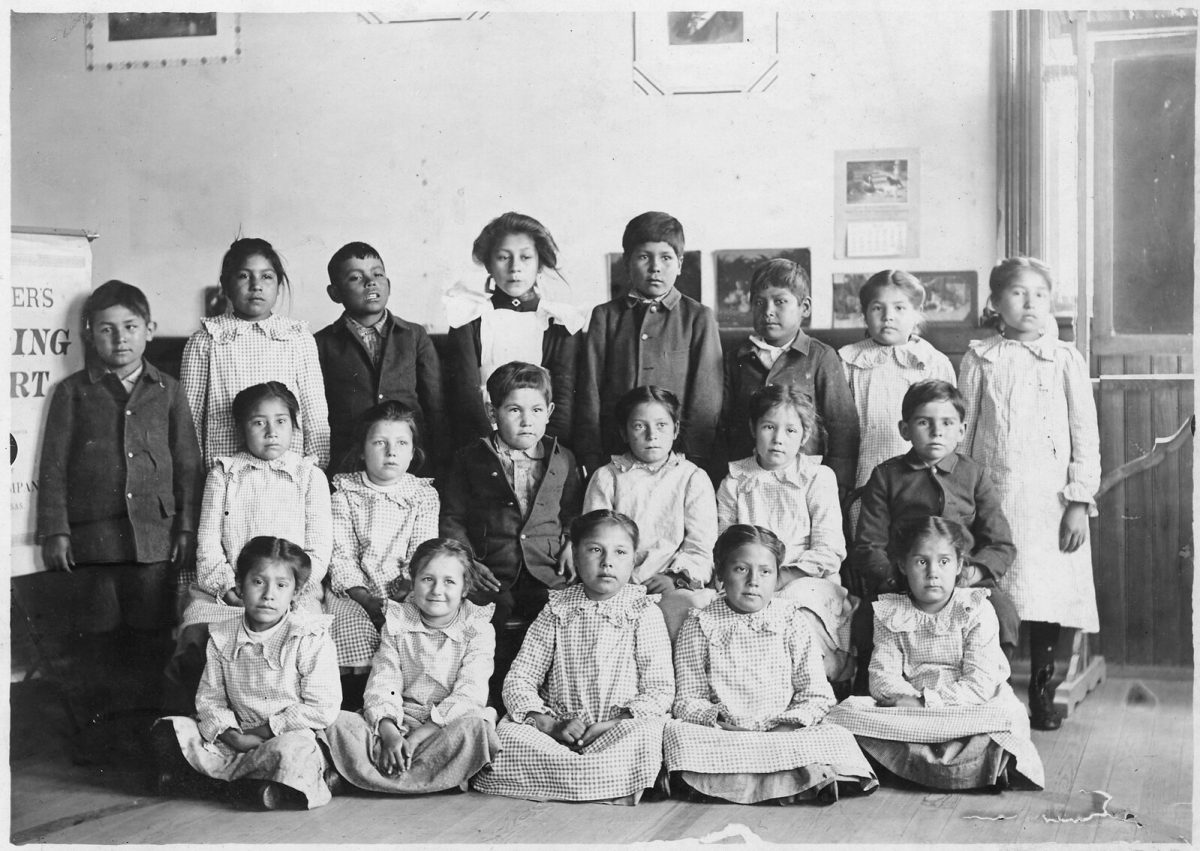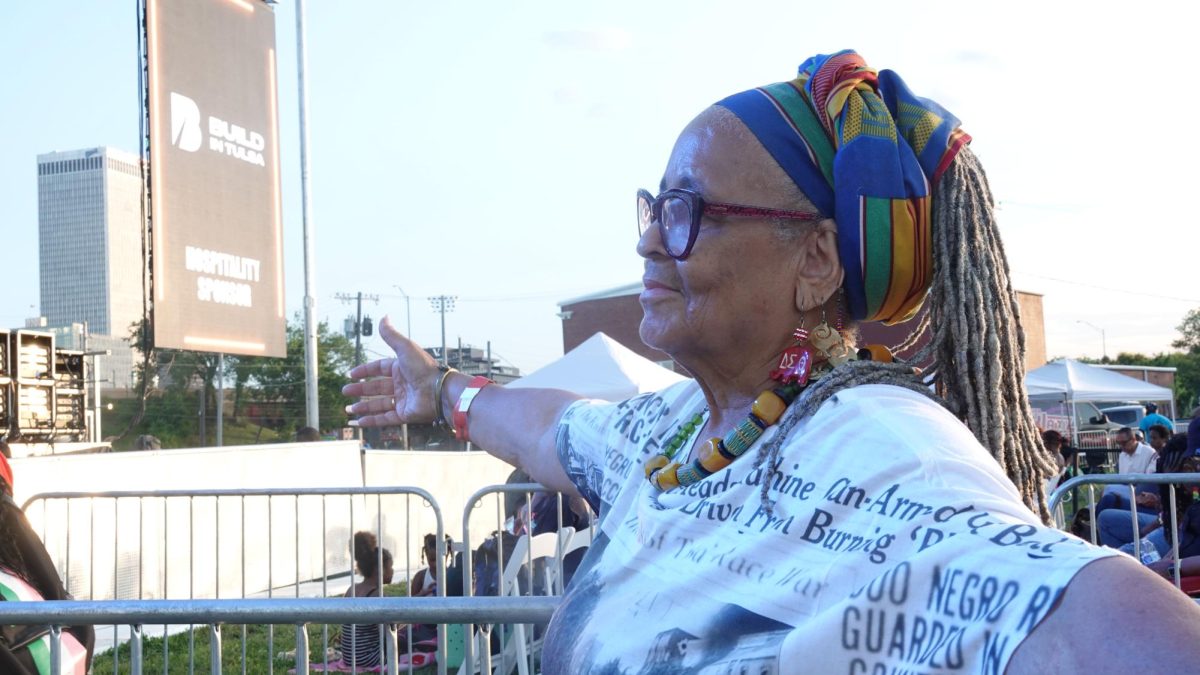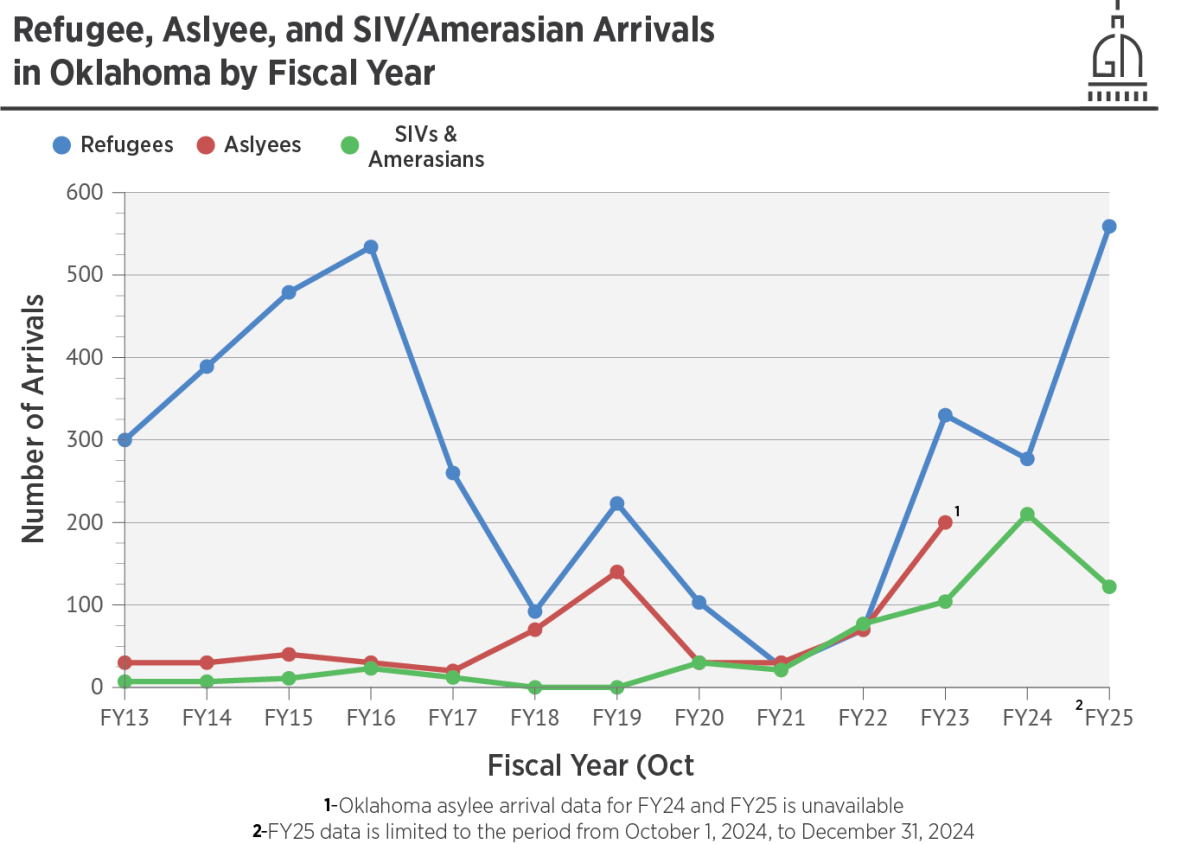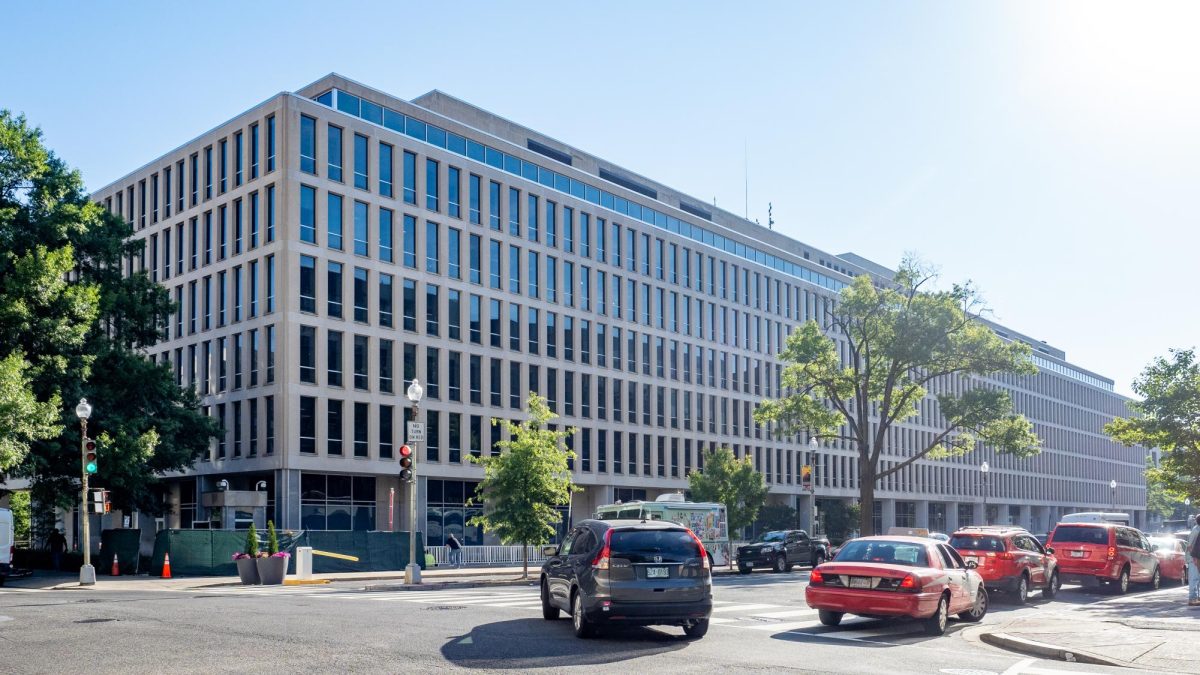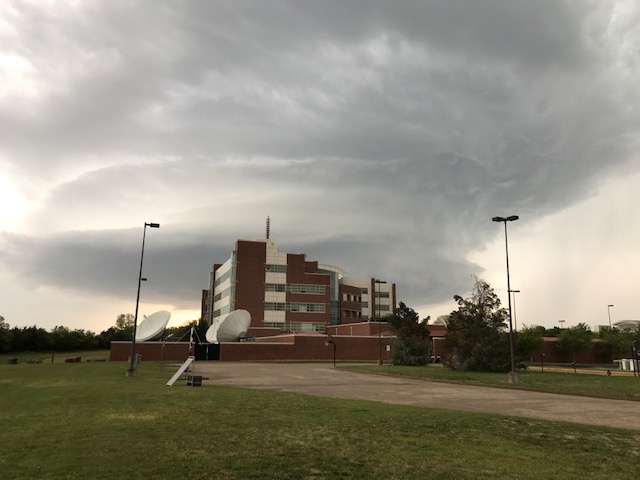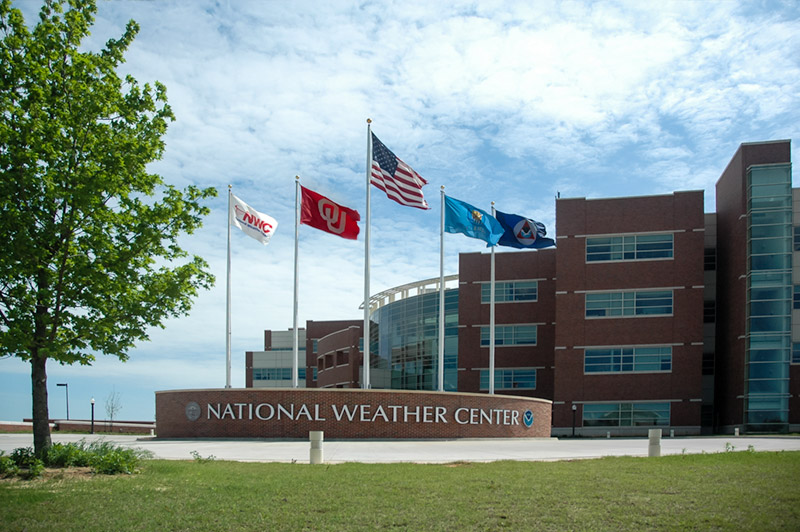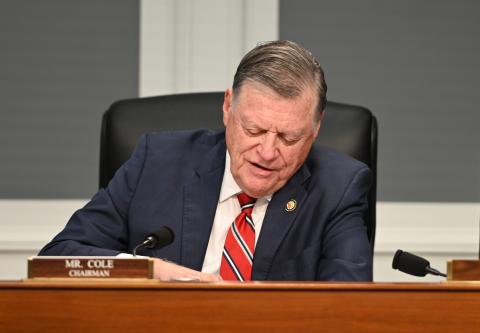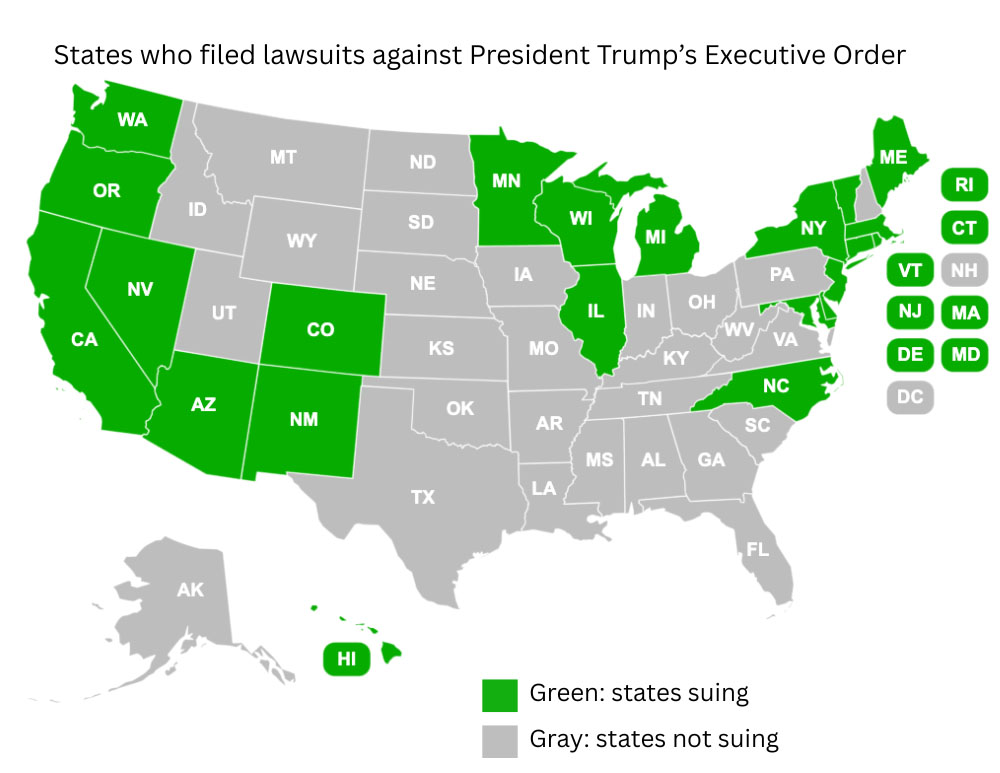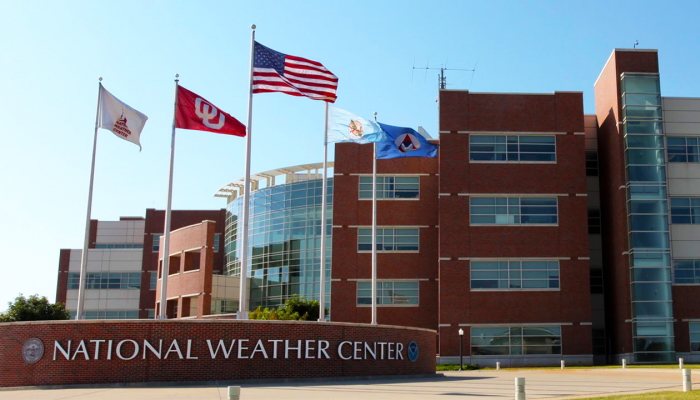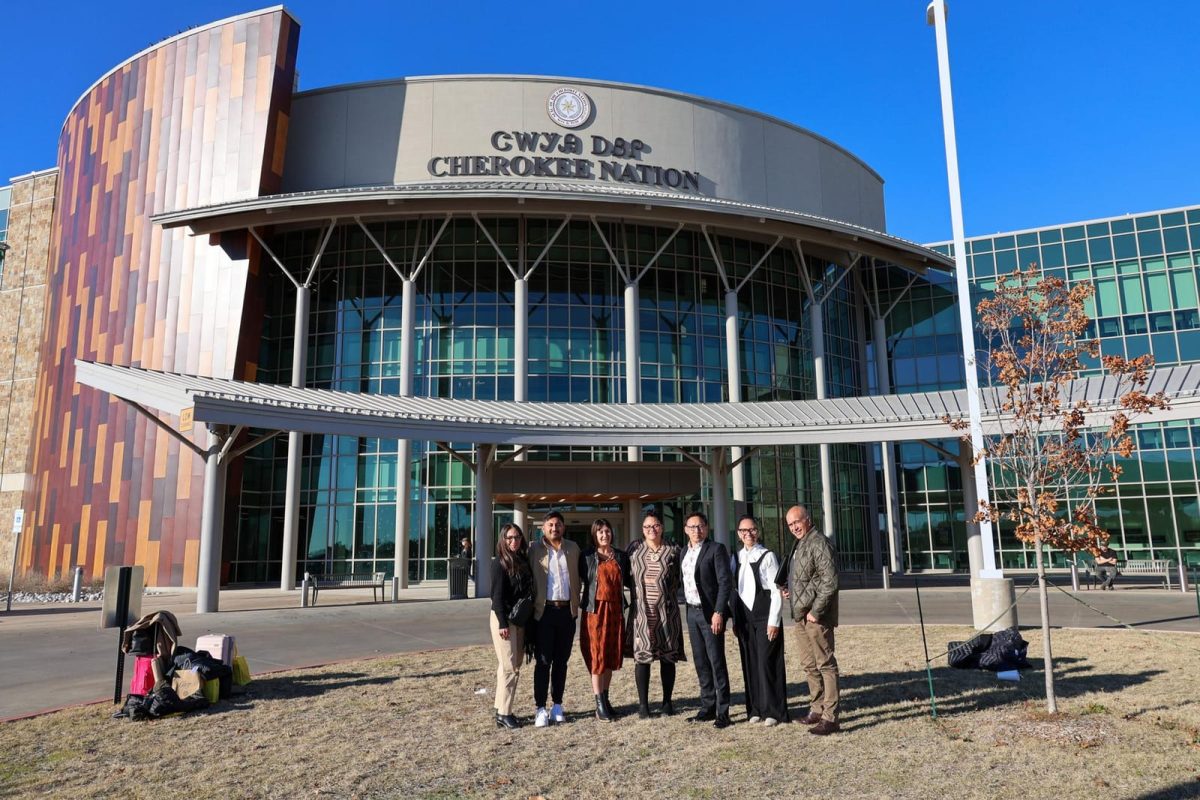WASHINGTON – The Oklahoma State Chamber returned to the Sooner State Wednesday after concluding its annual Washington fly-in where members heard from delegation members and discussed key issues concerning Oklahoma businesses.
Nearly 150 people attended the multi-day event, which members said serves as an opportunity for businesses to address concerns with members of the Oklahoma delegation and hear from prominent leaders in Washington.
“The real important part of why we’re here is we want to make sure our delegation hears from Oklahoma businesses,” Chad Warmington, president and Chief Executive Officer of the Oklahoma State Chamber, said.
“But the other thing is for our business community to hear from leaders up in DC and from around the country…it improves their view of what’s going on in the world, what’s going on in politics, what’s going on in Congress. And so it’s kind of a mutual exchange of good information,” he said.
On Monday, members gathered in the Grand Ballroom at the Willard InterContinental Hotel for presentations on national security, economic recovery and the 2024 elections — issues members said affect the current state of the country, as well as its future.
“You can get in a bubble in Oklahoma, right? And you can begin to think that we only have the good ideas that are going to fix our problems are all within Oklahoma,” Warmington said. “I think it’s really important for us to hear from others as well.”
The threat of a government shutdown at the end of the month still looms large in Washington. Gaylord News reporter Kevin Palomino spoke with four members of Oklahoma’s congressional delegation to get their views on this dire situation.
Scott Martin, president and CEO of the Norman Chamber of Commerce, said he was particularly interested in the panel on economic recovery and the idea of abundance agendas, which would help to address two issues currently concerning Oklahomans: workforce and housing shortages.
According to a 2019 report from the Office of Workforce Development, Oklahoma is expected to have a shortage of nearly 20,000 workers in the next decade due to projected economic growth, high rates of retirement and a lack of local talent.
According to Oklahoma Works, Oklahoma’s workforce development agency, projections also show that 70% of Oklahoma’s jobs will require some education or training beyond high school by 2025. In 2014, only 40.1% of Oklahoma’s workforce had a degree, certificate or high quality credential, according to the agency.
“Every state is struggling right now when it comes to jobs, workforce (and) housing supply. And so the economist that we heard from really talked about the idea that we want to increase supply across all sectors, and that will help drive the economy,” Martin said.
Both Martin and Warmington said they are working across Oklahoma to find ways to drive students into the workforce. Warmington pointed to excessive government intervention and federal requirements in schools as issues restricting students’ ability to explore different career paths.
“A sophomore boy may be thinking he hates math, but if he were to get in a geometry class that was related to welding, because he’s in a welding class now all of a sudden geometry comes alive for him,” Warmington said. “We want to make sure that kid gets the credit for the math that he took, because now that may trigger him into going, you know, ‘I could go do trigonometry. I didn’t think I even liked math.'”
In order to have this flexibility, Warmington said there needs to be less government intervention and more freedom for businesses to be innovative and entrepreneurial.
However, Martin said this addresses only half of the problem.
“Those students are eventually going to be in the workforce, and they’re going to need a place to live. And right now, there’s a scarcity of that in our community,” Martin said.
According to the National Low Income Housing Coalition, Oklahoma is short about 81,000 homes that people living with an extremely low income can afford.
There are more than 130,000 Oklahomans living with extremely low income, with 70% of extremely low income renter households spending more than half of their income on housing costs and utility.
“I’m anxious to kind of hear from our federal delegation about what they’re doing and how that’s impacting our local economy.”
On Tuesday, Chamber members heard from Senators Markwayne Mullin (R, Westville)and James Lankford, (R, Oklahoma City) Representatives Kevin Hern (R, Tulsa) and Stephanie Bice (R, Oklahoma City) and Alison Slagell, the Chief of Staff for the office of Rep. Lucas, who is in Oklahoma recovering from a recent injury.
“It’s important that we come to them in Washington, D.C., with a clear message and vision for what’s important to our members and businesses,” Martin said. “That’s why I’m here.”
The fly-in came just days before the government funding’s Sept. 30 expiration date — a topic of concern for many Chamber members who say a shutdown could have a tremendous impact for Oklahoma businesses.
“That’s one thing (that’s) probably most important to us right now,” Martin said. “We need stability…whether they’re small, medium or large businesses, they need certainty.
“We really need Congress to adopt a budget,” he said.
The threat of a government shutdown at the end of the month still looms large in Washington. Gaylord News reporter Kevin Palomino spoke with four members of Oklahoma’s congressional delegation to get there views on this dire situation.
Gaylord News is a reporting project of the University of Oklahoma Gaylord College of Journalism and Mass Communication. For more stories by Gaylord News, go to GaylordNews.net.


